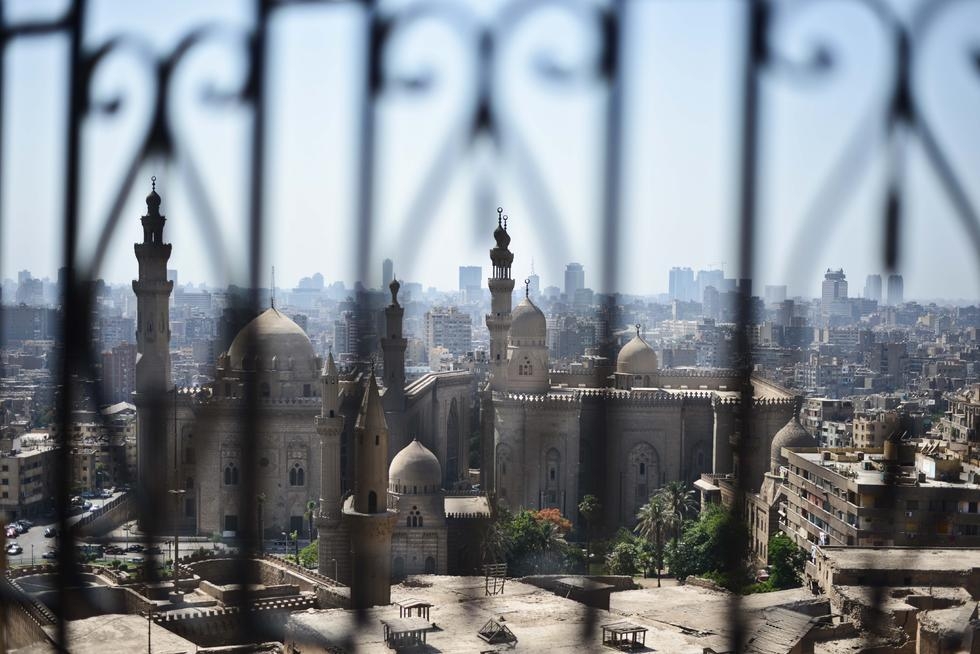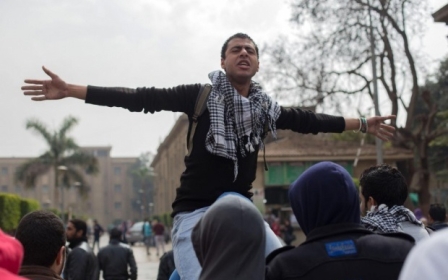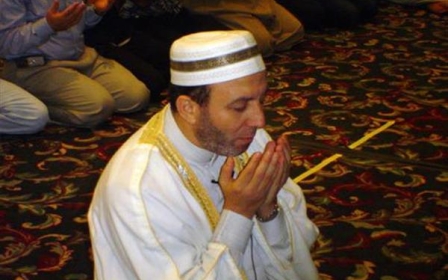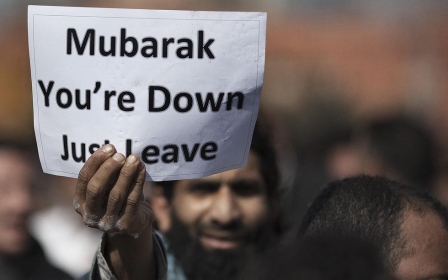Egypt to dismiss preachers who criticise army or police during Eid sermons

Egypt’s religious ministry has said it will dismiss any Islamic preachers who criticise the country’s police, army or rulers during Eid celebrations.
Eid al-Fitr, the holiday that marks the end of the holy fasting month of Ramadan, is expected to begin on Friday.
On the eve of the celebration Egypt’s Ministry of Religious Endowments, which controls mosques and religious donations around the country, warned preachers against using their sermons to “attack” state institutions.
“The ministry will take action, including dismissal, to punish any preacher who attacks the army or the authorities during the Eid sermon,” ministry deputy Sheikh Mohammed Abdel Rizaq told the Turkish Anadolu Agency on Thursday.
“Any preacher appointed by the ministry who attacks the police, the armed forces or the country’s rulers will be suspended immediately and referred for investigation by the ministry’s legal affairs body,” Rizaq added.
“We will not give breathing space to anyone who wants to speak about affairs that disrupt the country’s stability.”
The ministry has long sought to control sermons delivered at the tens of thousands of mosques nationwide.
Since January, preachers leading sermons each Friday and on special occasions have been ordered to stick to themes posted weekly the ministry’s website.
The approved theme set out for this year’s Eid sermon, expected to be delivered this Friday, is “the effect of worship on behaviour and morals” – a recommended text for the sermon, which runs to eight pages, focuses on abstract topics, and makes no mention of the difficulties plaguing the country.
Rizaq’s comments regarding this year’s Eid sermon come amid a heated debate over the role of Islamic preachers, after authorities this week attempted to crackdown on a popular scholar who denounced what he called “corrupt broadcasters and politicians” during prayers at a government-run mosque on Monday night.
Muhammad Jebril, who has a licence to preach from Egypt’s highest Sunni authority, al-Azhar University, was barred from leaving the country when he attempted to board a plane to London on Wednesday.
Jebril has been forbidden from leading prayers, teaching or entering government-run mosques.
Reports also suggest that he could be investigated under Egypt’s strict new anti-terror law, which is expected to come into force in the coming days following amendments to controversial articles that originally stipulated jail time for journalists who report anything but the official line regarding armed attacks.
Jebril, who has previously made comments supportive of the now-outlawed Muslim Brotherhood, said in a statement on Wednesday: “I love my country and my nation, and I am not signed up to any group, whatever it may be.”
Ministry deputy Rizaq told the press on Thursday that Jebril had sought to distance himself from Monday’s controversial prayer during initial investigations run by the ministry’s Cairo branch.
Rizaq told Egyptian news site Sada el-Balad that Jebril had claimed his comments had been directed at “the leaders of countries hostile to Egypt,” specifically Qatar, Turkey and Iran.
Middle East Eye propose une couverture et une analyse indépendantes et incomparables du Moyen-Orient, de l’Afrique du Nord et d’autres régions du monde. Pour en savoir plus sur la reprise de ce contenu et les frais qui s’appliquent, veuillez remplir ce formulaire [en anglais]. Pour en savoir plus sur MEE, cliquez ici [en anglais].




